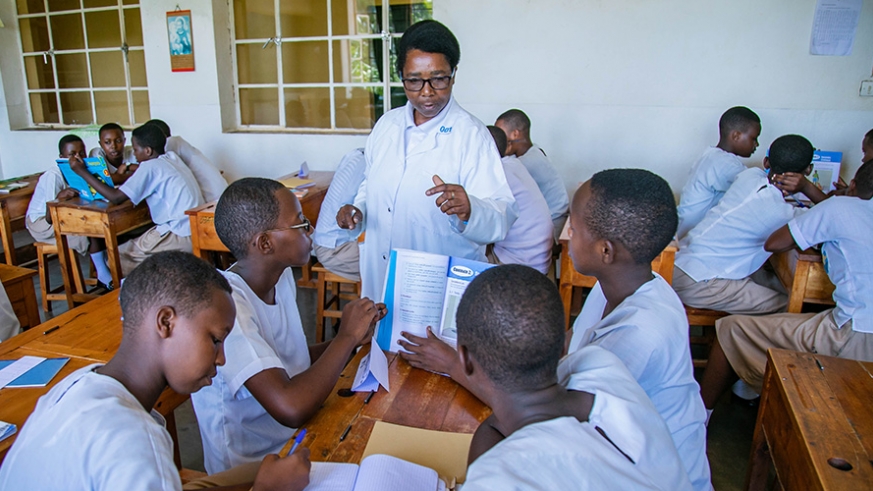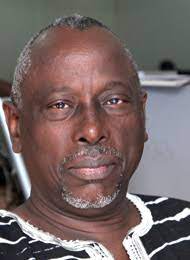

Monday, October 5 was World Teachers’ Day, and as has happened every year since 2002, Rwanda’s teachers joined their colleagues around the world to mark the day.
This year, the celebrations, if they can be called such, have been done in markedly different circumstances.
The covid-19 pandemic has changed many things and still hangs over many things. Large gatherings are not possible and so teachers have had to mark the day in their homes and only followed the national event on radio and television.
It is this pandemic that forced them out of their classrooms and kept them away for the last seven months. It is also going to affect the way they teach when schools reopen shortly.
Teachers have observed this day for the last nineteen years, but rarely does the public join them or even know that such a day to recognise their service exists.
They remain the unsung heroes of our lives. Yet they help shape the future of most of us who then go on to advance while they remain in the same station and continue to set other generations on their way to a promising future.
They put in many hours and often do more for their communities beyond the usual call of duty, but the reward is not always equal to the time and effort.
It is fitting therefore that we should acknowledge their enormous contribution to our development as individuals and as a country.
On Monday President Paul Kagame did it for us. In his tweeted tribute to Rwanda’s teachers, he assured them that, "students and parents recognise your indispensable service”.
Indeed, since March this year, many parents have come to appreciate this irreplaceable service in the lives of their children and indirectly in their own. This is one of the unintended consequences of Covid-19
During this time that schools have been closed, many parents could not easily cope with their children now spending all the time home.
They found it difficult to help them in their learning. And so they have been praying for the reopening of schools to take their children off their hands. Government has answered their prayers and announced schools will reopen soon. They could not hide their delight.
So, Covid-19 has revealed the value of teachers that is underrated or goes unnoticed. They do a lot more beyond the classroom and imparting knowledge.
For instance, they absorb all the mischief and tantrums, even idiocy, of some of the children and channel it into productive activity so that by the time the children get home it is all spent and they are little angels again.
They have to deal with irate and sometimes unreasonable parents, and demanding educational authorities, and somehow maintain a sense of balance and sanity.
It is now some of us are beginning to recognise this. I suspect, though, that once Covid-19 has been brought under control and life returns to normal, we will promptly forget it and return to viewing teachers the same way we have always done.
Teachers will soon be back in the classroom, but it will not be exactly like before. Covid-19 has affected how they teach, too.
They will not return to the same large classes. That should normally be good news, but it won’t be. There is a price for smaller classes: they will have to use double the time for one class.
Covid-19 has forced more use of technology in the teaching and learning process. That too is good and will continue. However, to make full use of technology in their work, teachers will have to be retrained and retooled. That requires education authorities to invest in technology infrastructure and training.
It will not be easy or the results immediate. Yes, teachers are supposed to nurture creative and innovative minds, and the best among them do.
They inspire inquiry and a mind-set that lead to life-changing inventions. They can easily adapt to radical changes.
But they can also be the most traditional and tend to stick to tried and tested methods and view new approaches with suspicion and consequently are slow to adopt them.
And so the current circumstances are both an opportunity and a challenge. It is a good moment to speed up the use of technology in the education system and apply it to solve everyday problems. To do that, some teachers will have to learn new ways.
Luckily for them, in the Rwanda of today, we have learnt to seize every opportunity that comes our way.
We have embraced technology and innovation as the tools to transform our country. That transformation will be faster and more enduring if it starts with teachers in our schools.


